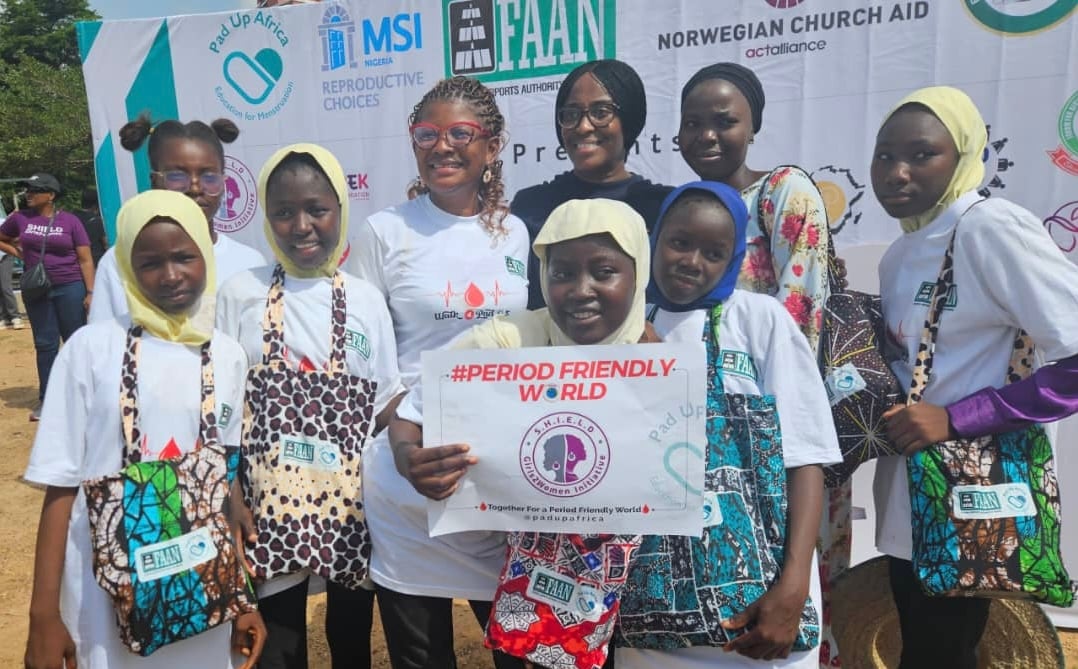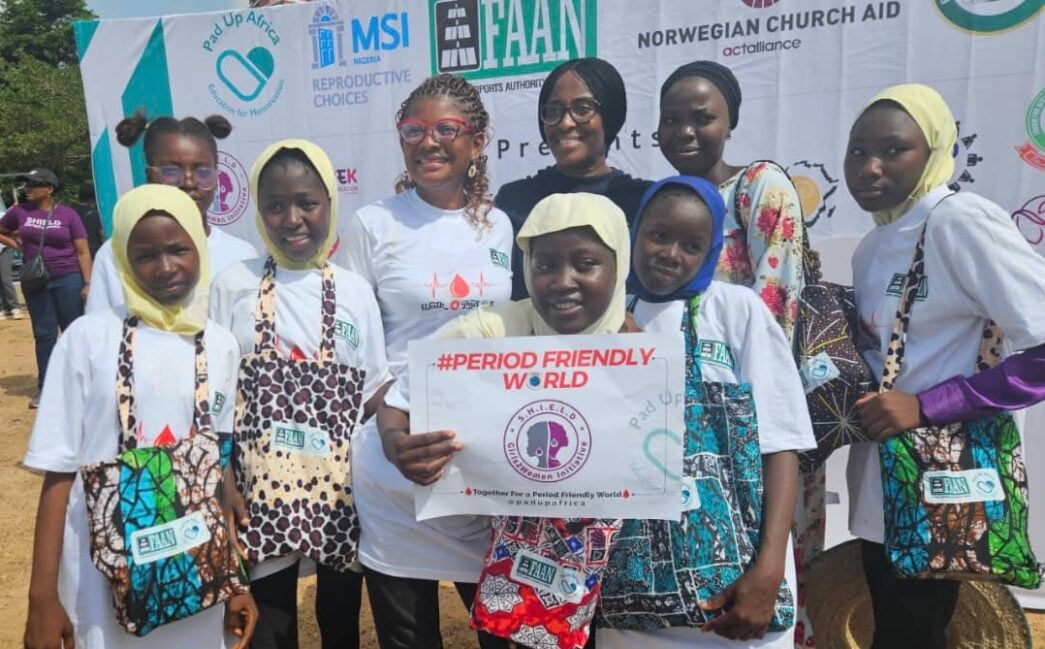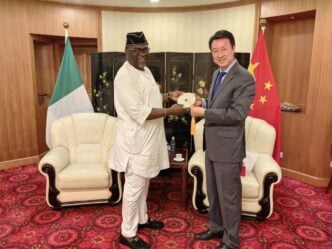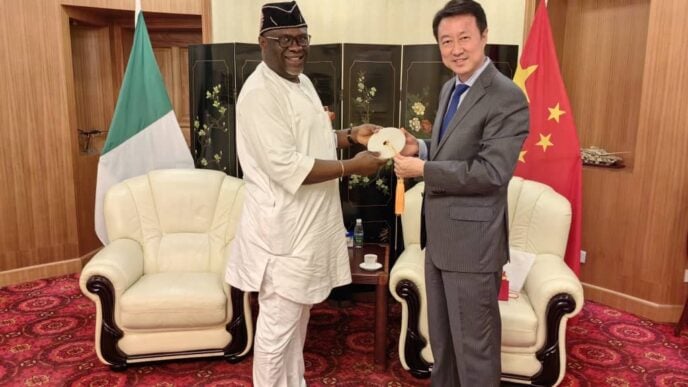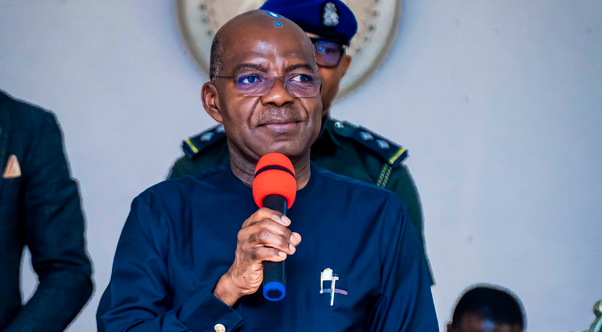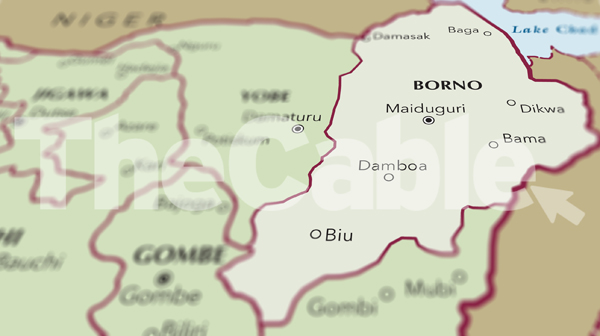PadUp Africa, a non-profit organisation, has called on the federal government to institutionalise menstrual hygiene management through targeted policies, national budget lines, and free sanitary product distribution, especially to underserved girls in rural communities.
Speaking at a menstrual hygiene awareness event in Abuja on Saturday, Ashlee Lori, executive director of PadUp Africa, said the conversation around menstruation should no longer be shrouded in stigma or shame.
“We are working for PAD; we are working against period shame, and we are working for gender-sensitive toilets in all public places — including airports,” she said.
Lori also called for safe spaces where young girls can engage their families and peers about menstruation without being shamed or silenced.
Advertisement
“Parents should not be shy to teach their girls about menstruation the moment they begin to know right from wrong,” she said.
“We are looking forward to more visibility on menstrual hygiene management. Where policies will be taken and followed up to the brim.
“Where a child at five can tell you what menstruation is. Where a girl can walk up to a guy or a boy, her father, or her brother, and say, Without him body-shaming or period-shaming her. Even the woman has the first understanding and is open enough to speak to her child about menstruation.
Advertisement
“To us, it’s a great concern that we are being taught not to talk about menstruation. But the truth is we need to talk about it and make it a common conversation at all levels.
“The moment they begin to know good from bad, they should be taught about menstruation.”
The health expert also said that over 30 organisations participated in this year’s menstrual hygiene event, and over 250 girls from secondary schools, universities, and NGOs were in attendance to promote a “period-friendly world”.
‘SET UP FREE SANITARY PAD PROGRAMME LIKE CONDOMS’
Advertisement
On her part, Comfort Omoya, executive director of the BAREK Charity Foundation, described menstrual hygiene as an urgent health and gender issue requiring action at all levels of government.
“Menstruation is not just about women — it’s about public health, safety, and national wellbeing,” Omaya said.
“We need a federal programme for sanitary pad distribution, like the condom programme. The Office of the First Lady and the Vice President should champion this.”
Omoya added that the sanitary pad initiative should prioritise local production in collaboration with the Manufacturers Association of Nigeria (MAN) rather than relying on imports.
Advertisement
“If the girl child is not taken care of, the community is destroyed,” she said.
Chisa Ugboja, an MSI Nigeria Reproductive Choices representative, said menstrual health should be integrated into Nigeria’s broader sexual and reproductive health framework.
Advertisement
She lamented that cultural taboos continue to make menstruation a “hush” topic, denying many women and girls access to basic hygiene products and health information.
“Every woman, one way or another, will menstruate if she is healthy. It should be something we talk about proudly, not something to hide,” she said.
Advertisement
“When girls can’t afford pads, when they don’t change regularly, they face real health risks — including infections.”
Ugboja also promoted using quality reusable sanitary pads and encouraged young girls to speak out when facing menstrual health challenges.
Advertisement
The event aligned with the global Menstrual Hygiene Day, which was marked on May 28 to raise awareness of the importance of good menstrual hygiene management and eliminate period poverty and stigma.
